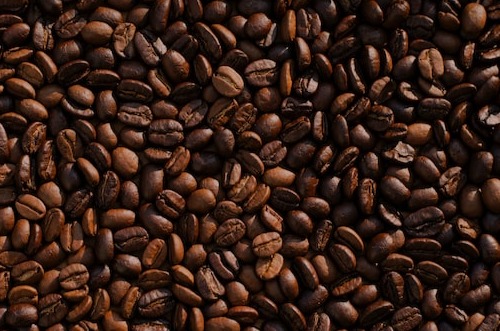W30: Coffee Update

In W30 in the coffee landscape, Arabica coffee futures on the New York Stock Exchange experienced fluctuations. On Monday, July 24, the Sep-23 contract increased by 0.7% to 163 cents/lb, driven by global supply concerns. Brazilian Arabica exports declined by 8% year-on-year (YoY) as farmers stockpiled coffee in anticipation of higher prices, leading to a tightening situation in producing and exporting countries. In addition, Indonesia's coffee production is forecast to decrease significantly to 9.7 million bags in 2023, the lowest in the past ten years. However, on Tuesday, July 25, prices dropped by 0.7% to 161.85 cents/lb with pressure from positive weather forecasts for the Brazilian crop, with no rain expected. On Thursday, July 27, Arabica futures fell by 1.04% to 161.45 cents/lb, influenced by the Brazilian crop's harvest. At the end of W29, Arabica coffee prices further depreciated, closing at 157.90 cents/lb, down by 355 points since Monday's one-month high. The dry conditions in Brazil accelerated the coffee harvest, raising expectations for the crop's quality. Additionally, there were no forecasts of intense cold or frost in the coffee areas for the upcoming days.
Robusta coffee futures experienced fluctuations during the week due to permanent concerns over supply in Asia, which supported price appreciation. On Monday, the Sep-23 contract rose by USD 47/metric ton (mt) to USD 2,649/mt but fell to USD 2,628/mt on Tuesday, July 25. Prices rebounded on Wednesday, July 26, to USD 2,639/mt, driven by ongoing concerns about the Asian supply. On Thursday, Robusta prices further increased to USD 2,673/mt by USD 34/mt. However, despite concerns about the supply, Robusta futures fell on Friday by USD 85/mt to USD 2,588/mt as Robusta coffee stocks monitored by ICE reached a record low of 5,205 lots.
According to the International Coffee Organization (ICO), global coffee consumption is projected to reach 178.5 million 60-kg bags during the 2022/23 period. Brazil stands out as the largest exporter of coffee, with 35.626 million bags exported in the 2022/23 crop year, generating USD 1.72 billion in foreign exchange revenue. The United States (US) and Germany are the primary importers of Brazilian coffee, with shares of 18.3% and 14.7%, respectively, followed by Italy (8.1%), Belgium (5.4%), and Japan (5.2%) as other important markets for Brazilian coffee.
The Brazilian 2023/24 coffee harvest reached 74% as of July 25, which is 48.99 million 60-kg bags out of estimated 6.65 million bags, showing an increase of 8% week-on-week (WoW). This figure is slightly below the harvest progress in 2022 of 75% and also below the five-year average of 79%. The Arabica harvest accounts for 65% of the estimated harvest, showing a decrease compared to last year's figure of 66% and the five-year average of 71%. Despite this, the Arabica crop profile remains positive in terms of productivity, grain, and beverage quality. Meanwhile, Robusta's harvest is reaching its final stages, with 89% already harvested, slightly lower than last year's 90% and below the five-year average of 95%. In addition, the estimated Gross Value of Production for coffee in Brazil is expected to reach USD 10.56 billion. Of this total, Arabica accounts for 78%, which is USD 8.26 billion, while Robusta accounts for 22% or approximately USD 2.30 billion.






